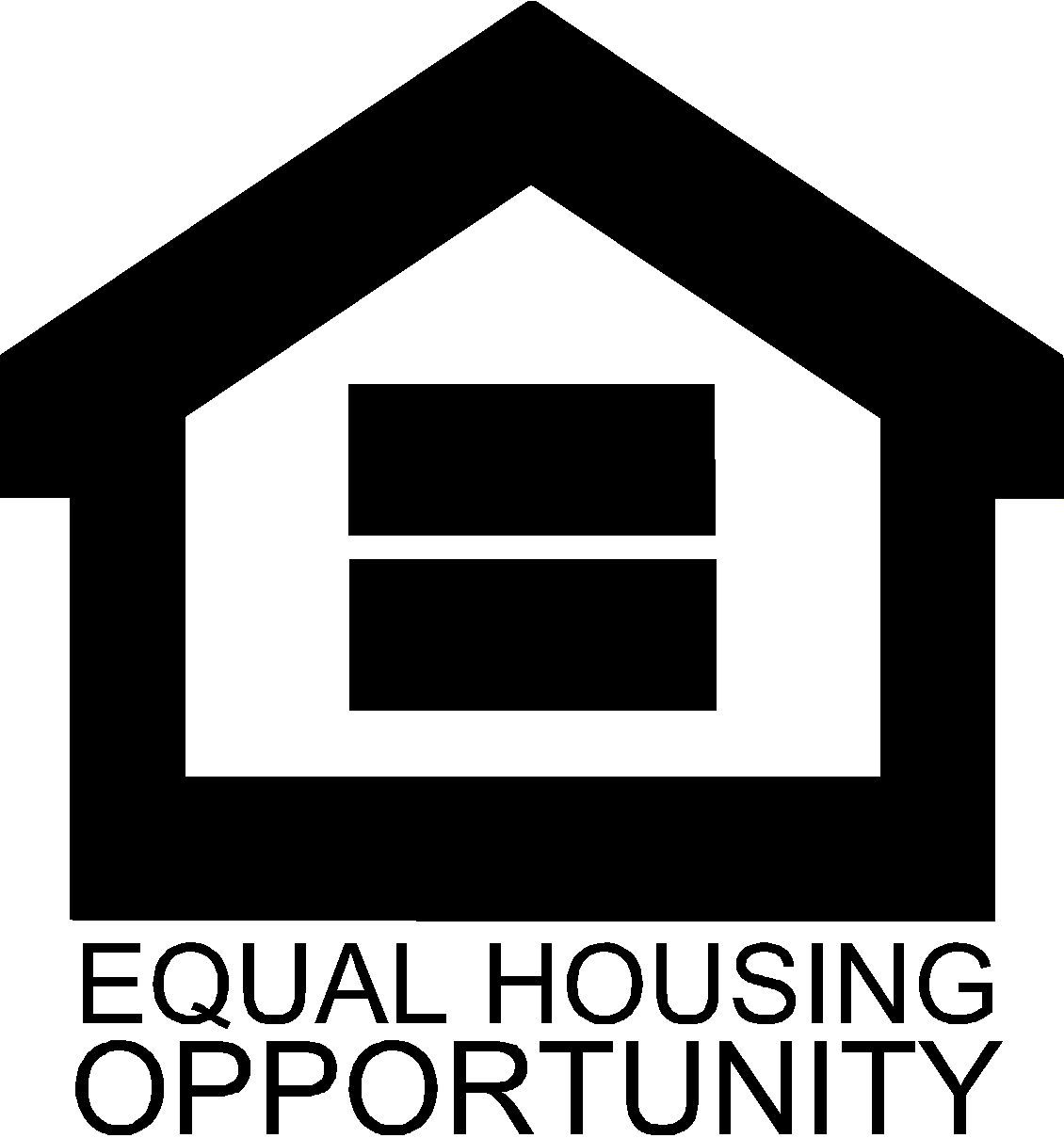Washoe County, Nevada
Mortgage Rate Alerts
Never Miss A Refinance
Opportunity
Always on mortgage monitoring without hurting your credit.
Instant email and text alerts.
A Better Mortgage In 3 Easy Steps
Sign up
Provide some basic info, no SSN required
Start getting alerts
For refinance via email and texts
Apply and close
The new loan and start saving money
1 Platform, 6 Refinance Alerts
01
Alert for Lower Rates
02
Alert for Cash Out
03
Alert for Shorter Term
04
Alert for Eliminating PMI
05
Alert for Product Changes
06
Alert for Changes in Home Value

Washoe Real Estate Market Update
Washoe County, NV, has experienced robust growth in its real estate market, with rising home values reflecting the county’s increasing popularity. The median household value climbed to $625,000 in 2024, driven by the growing demand in areas like Reno and Sparks. The thriving job market and quality of life have contributed to the area's attractiveness for new residents.
Reno is the largest city in Washoe County, with a population of 268,000 as of 2022. Sparks follows with a population of 108,000, while Incline Village, a smaller community near Lake Tahoe, has about 9,500 residents and offers a more upscale, resort-like lifestyle.
Washoe County offers a diverse living experience, with a mix of suburban and rural areas. While Reno and Sparks provide urban conveniences and a booming tech sector, the northern and western parts of the county are more rural, with ranching and agriculture still playing important roles. Tourism and outdoor recreation, especially near Lake Tahoe, are significant industries in the area.
2025 Mortgage Loan Limits:
Washoe County, Nevada
1 Unit
$806,500
Conforming Loans
$632,500
FHA Loans
2 Unit
$1,032,650
Conforming Loans
$809,700
FHA Loans
3 Unit
$1,248,150
Conforming Loans
$978,750
FHA Loans
4 Unit
$1,551,250
Conforming Loans
$1,216,350
FHA Loans
Questions About Refinancing in
Washoe County
What is mortgage refinancing?
Refinancing is the process of replacing your current mortgage with a new one, often to secure a lower interest rate or change the loan terms.When should I consider refinancing?
Consider refinancing when interest rates drop, your credit score improves, or you want to switch from an adjustable-rate to a fixed-rate mortgage.How much does it cost to refinance?
Refinancing costs typically range from 2% to 5% of the loan amount, including closing fees, appraisal, and title fees.How long does the refinancing process take?
The refinancing process usually takes between 30 to 45 days, but this can vary based on lender efficiency and document preparation.What are the benefits of refinancing?
Refinancing can lower your monthly payments, reduce interest rates, shorten loan terms, or allow you to tap into home equity.What is cash-out refinancing?
Cash-out refinancing allows you to take out a new loan for more than your current mortgage balance and receive the difference in cash.Will refinancing hurt my credit?
Refinancing may cause a temporary dip in your credit score due to the hard inquiry, but the impact is usually minor and short-term.Can I refinance with bad credit?
It may be harder to qualify, but some lenders offer refinancing options for people with lower credit scores, though they often come with higher interest rates.How much equity do I need to refinance?
Most lenders require you to have at least 20% equity in your home to qualify for refinancing, though some programs may allow for lower equity percentages.Is it possible to refinance a rental property?
Yes, you can refinance an investment or rental property, though the terms and interest rates may be different compared to refinancing a primary residence.
Never Miss A Refinance Opportunity
Always on mortgage monitoring. Instant email and text alerts.

